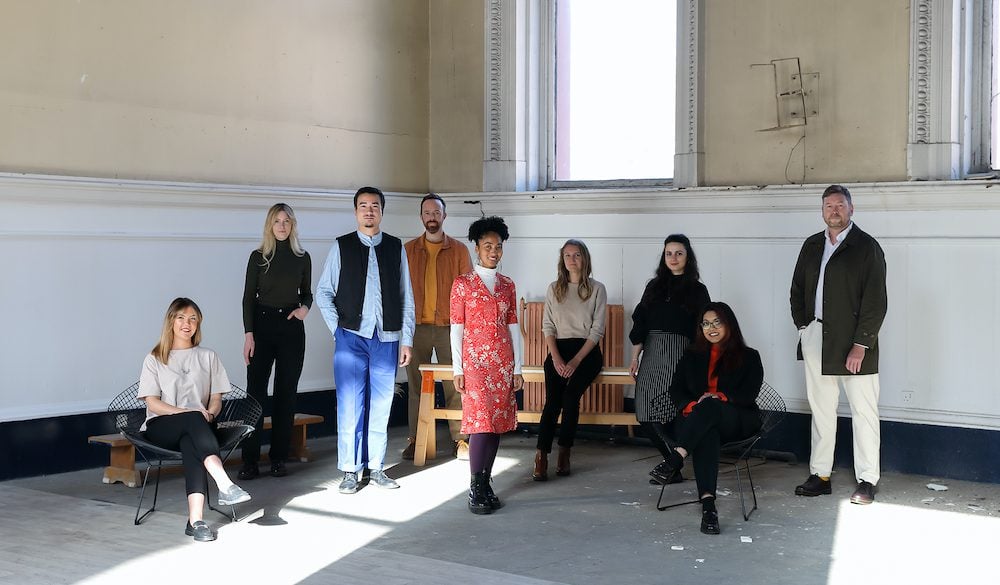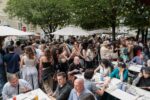Scotland + Venice – A Fragile Correspondence

La partnership Scotland + Venice ha commissionato a un team creativo composto da Architecture Fringe, -ism e /other lo sviluppo di un nuovo lavoro. Si tratta del progetto A Fragile Correspondence – Scotland + Venice.
Comunicato stampa
The Scotland + Venice partnership has commissioned a creative team consisting of the Architecture Fringe, -ism and /other to develop new work. Their proposal has been submitted as a proposed collateral event for the 18th International Architecture Exhibition – La Biennale di Venezia.
Our existence relies on a close relationship with the landscapes that sustain us. Our understanding of the natural world around us is fragile. How can a closer relationship between land and language help architecture be more attuned to the environment in which it operates?
Our landscapes are constantly transmitting information if we choose to see and listen. By re-establishing our dialogue with the land, how can we value exchange over-extraction and equality over dominance? How can we create a more reciprocal connection with the land?
Highlighting cultures and languages that have a close affinity with the landscapes of Scotland, A Fragile Correspondence explores alternative perspectives and new approaches to the challenges of the worldwide climate emergency.
From the forests around Loch Ness, the seashore of the Orkney archipelago and the industrialised remnants of the Ravenscraig steelworks, the project takes us on a journey through three Scottish landscapes; the Highlands, Islands and Lowlands.
Writers, artists and architects, in correspondence with these landscapes, are exploring issues distinctly rooted in place, but with global relevance to the cultural, ecological and climatic issues that we face.
Language is powerful, and shapes how we understand the world around us. Through these creative explorations, and by proposing a new lexicon of terms and definitions, can we begin to imagine alternative ways of doing things? Can we see the potential in futures that sensitively work in correspondence with the land rather than simply upon it?



